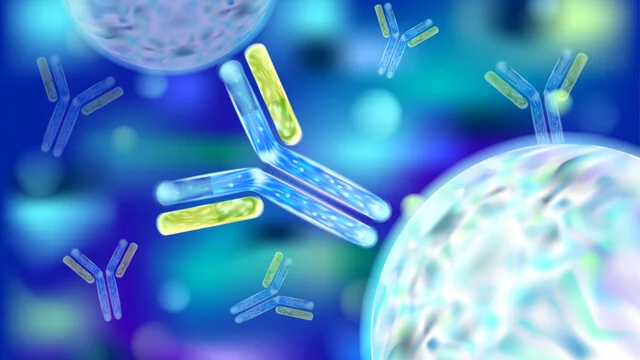How do we perform BDNF lab test?
Protocols we follow to perform BDNF tests
BDNF level considered normal in humans and other species is an area of active biological research. At NorthEast BioLab, we tailor BDNF testing to suit your desired assay parameters through BDNF MSD, Luminex, and ELISA. Typically, these BDNF assays employ the fundamentals of the quantitative sandwich enzyme immunoassay technique explained below.
First, we pre-coat the antibody specific to capture BDNF biomarker onto a microplate and follow up by a plate wash to remove any unbound substances. Next, calibration standards, quality controls, and biological samples get pipetted into the plate wells, and the immobilized capture antibody binds any BDNF present. Then, we wash off any unbound material following proper shaking and incubation as per method protocol. Later, a biotin-conjugated antibody specific for BDNF detection gets added to the wells· After washing, we add avidin conjugated Horseradish Peroxidase (HRP) to the plate wells and rinse again to remove any unbound avidin-enzyme reagent. Eventually, we add a substrate solution to the plate wells, and color develops in proportion to the amount of BDNF bound in the initial step. The final step in BDNF ELISA requires us to halt the color development and quantitate the color intensity with a suitable plate reader.
Over the years, NorthEast Biolab has acquired the experience to reproduce high-quality BDNF assays. Our scientists and researchers can perform BDNF assay to measure the analyte in multiple formats. We have extensive expertise on BDNF assay specifics, such as matrix type, tissue lysis, volume requirements, sample dilution, and multiplexing possibilities. Our scientists rely only on preapproved vendors and recommended kits, antibodies, diluents, buffers, substrates, reagents, calibrators, control matrices, etc. for running BDNF Luminex and MSD Assay. We follow the industry best practices to ensure accuracy and test your biomarkers through high-affinity materials. Our focus on efficiency and operational excellence helps us deliver high-quality BDNF testing services to all our sponsors.













































